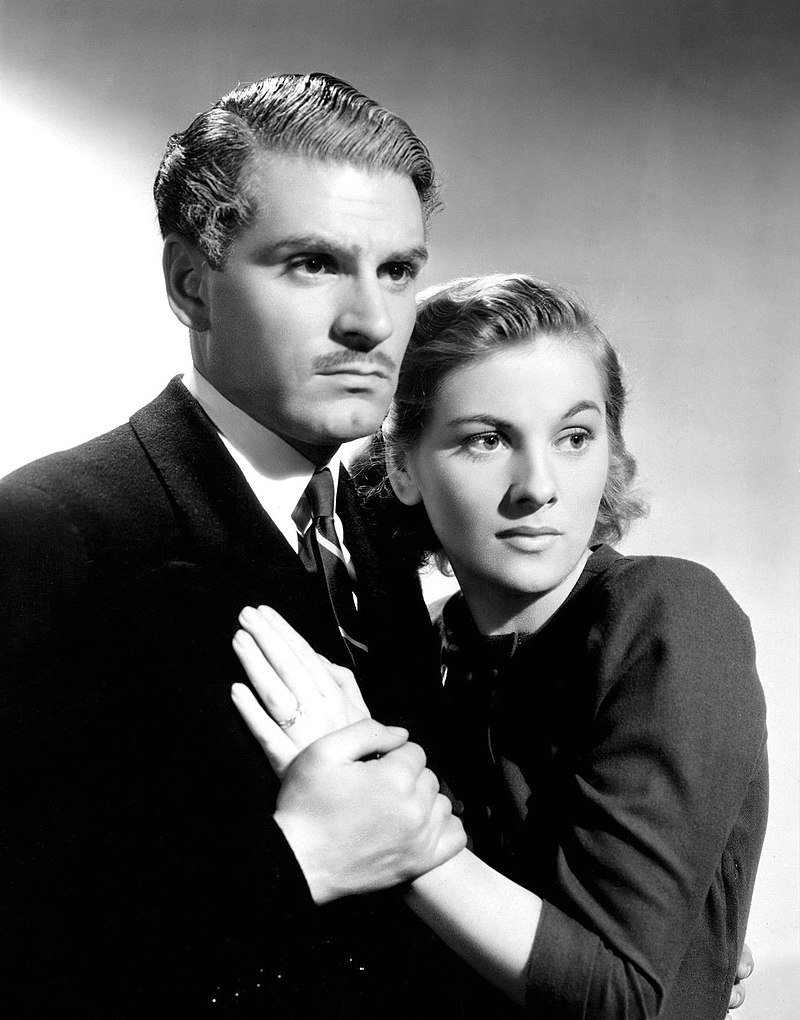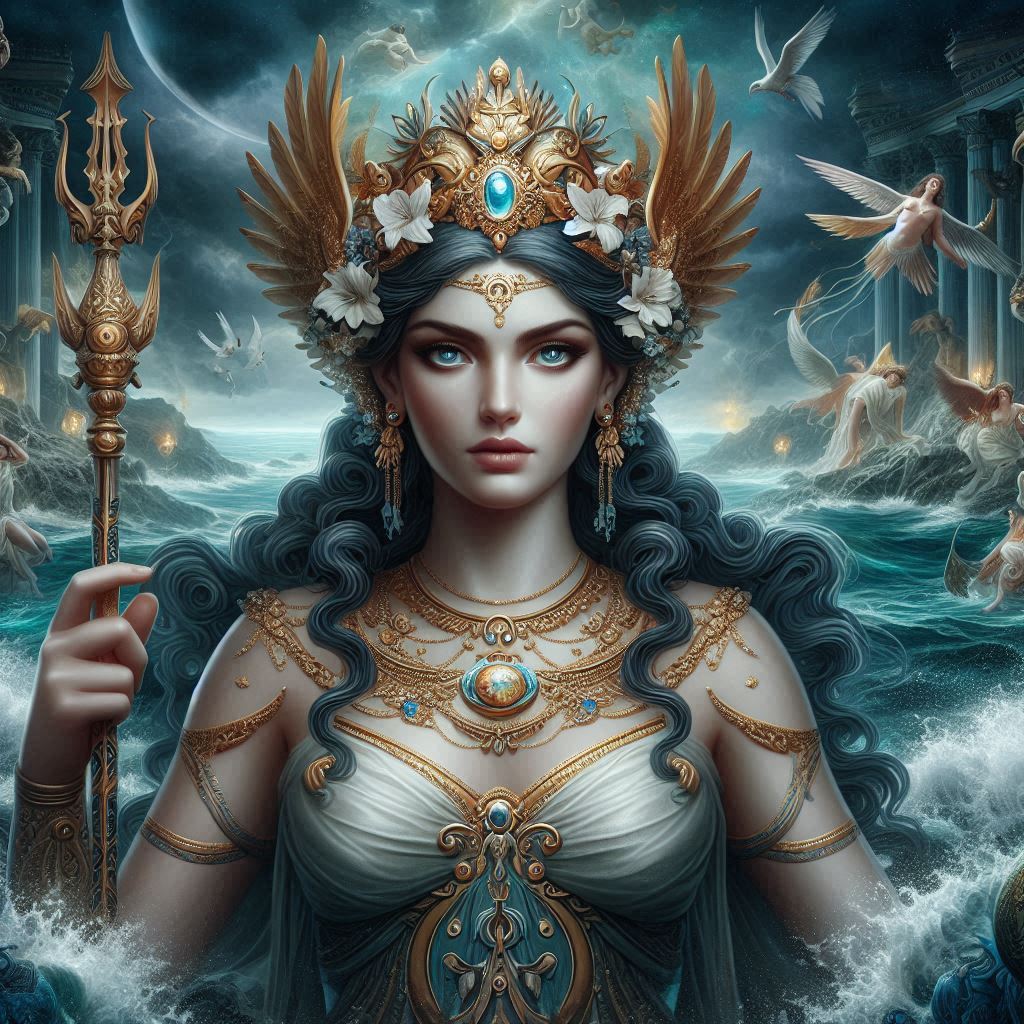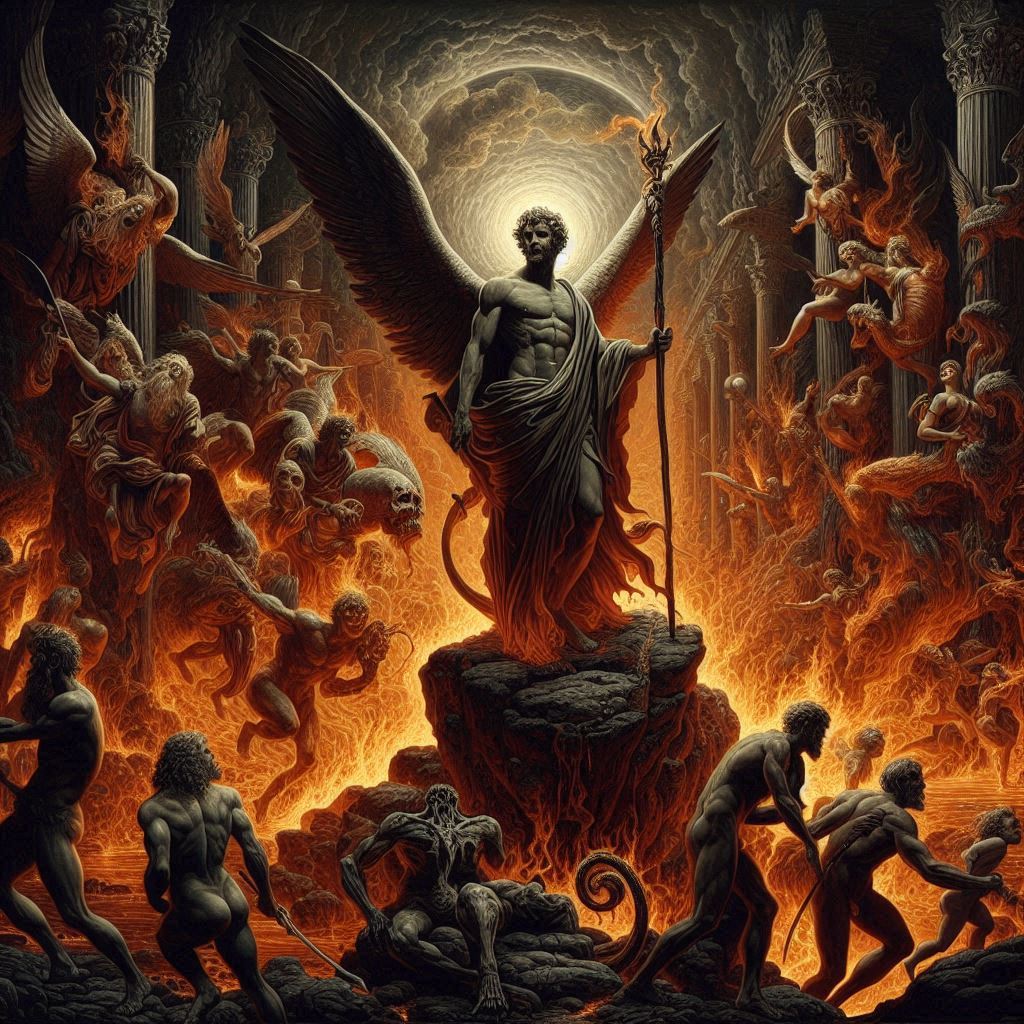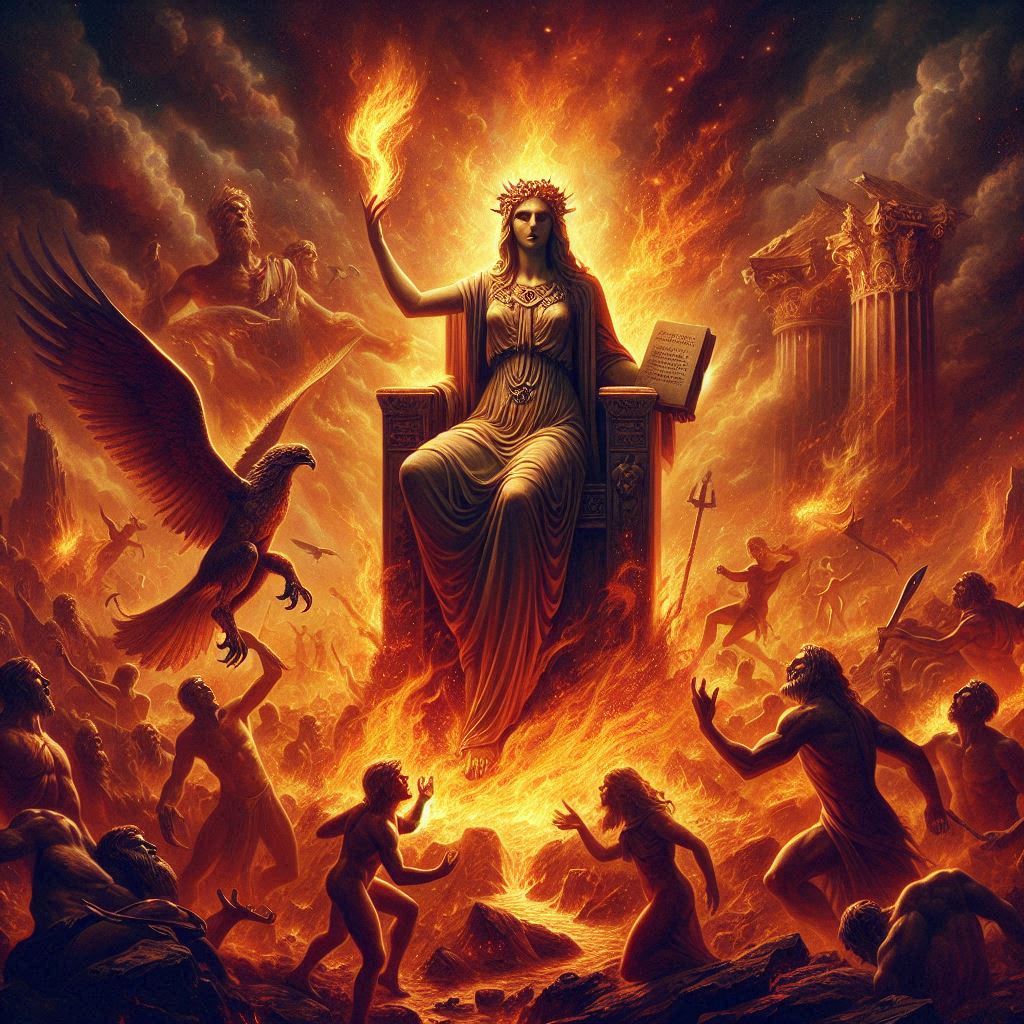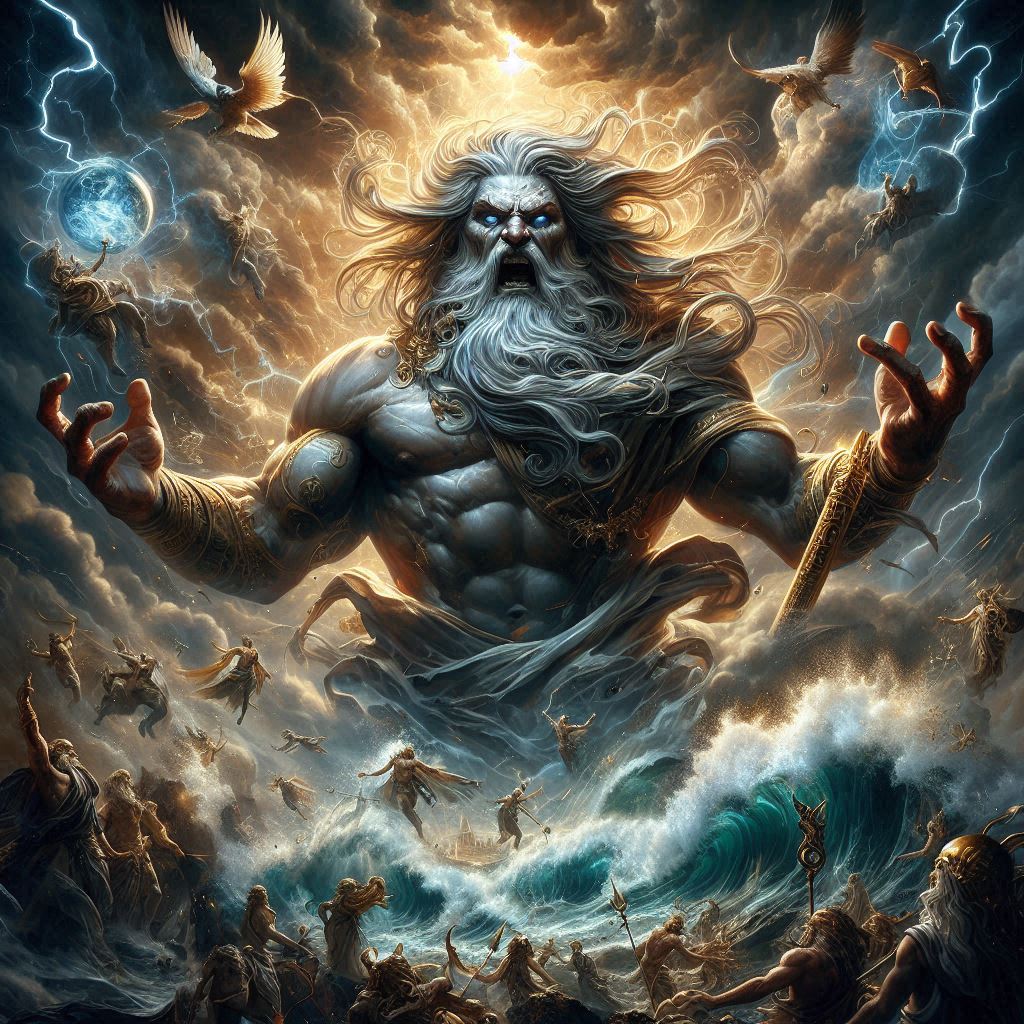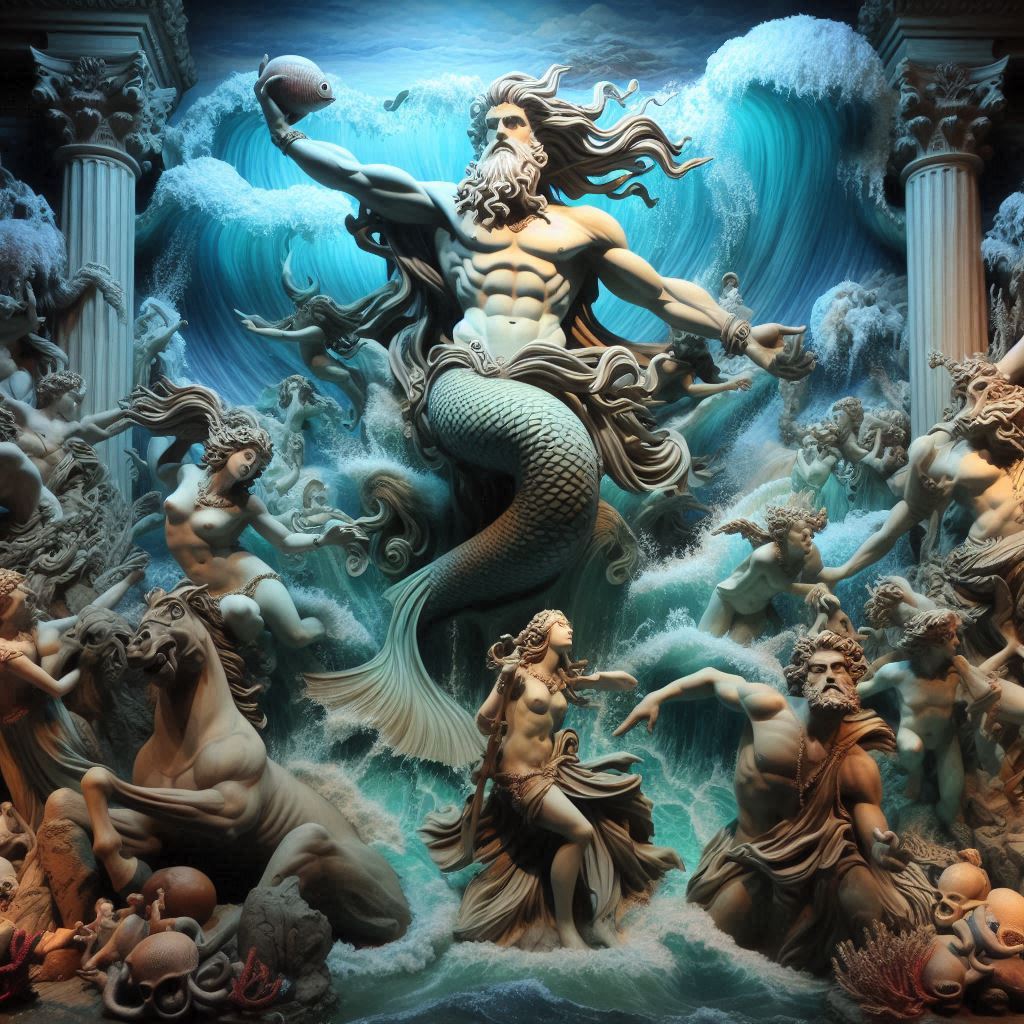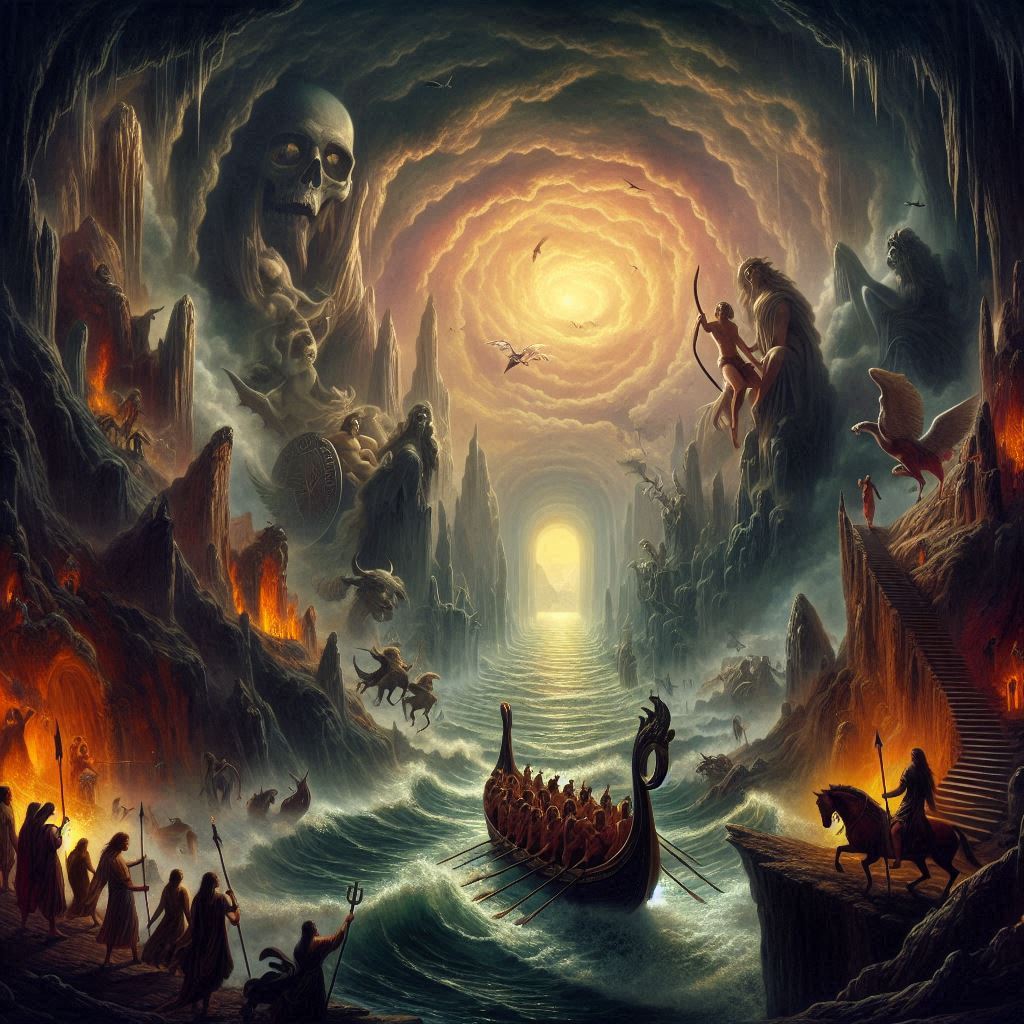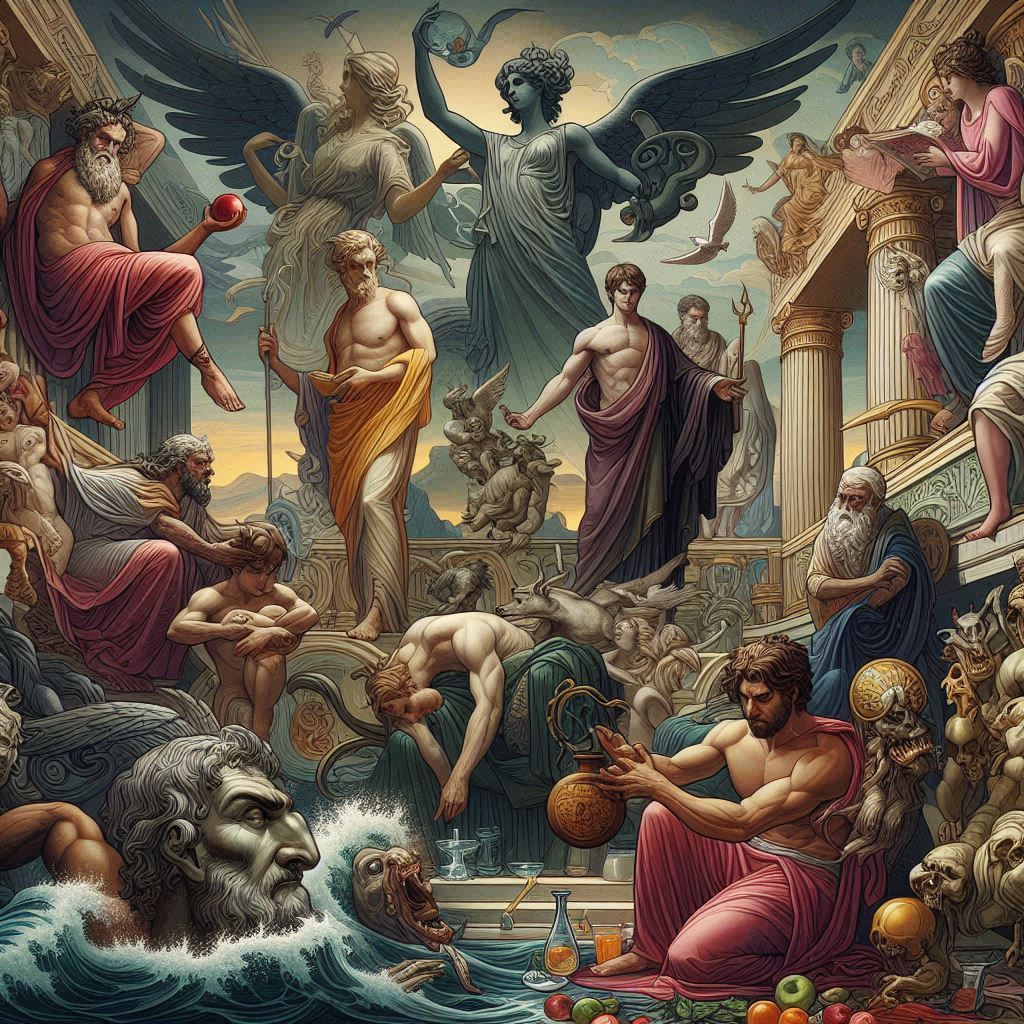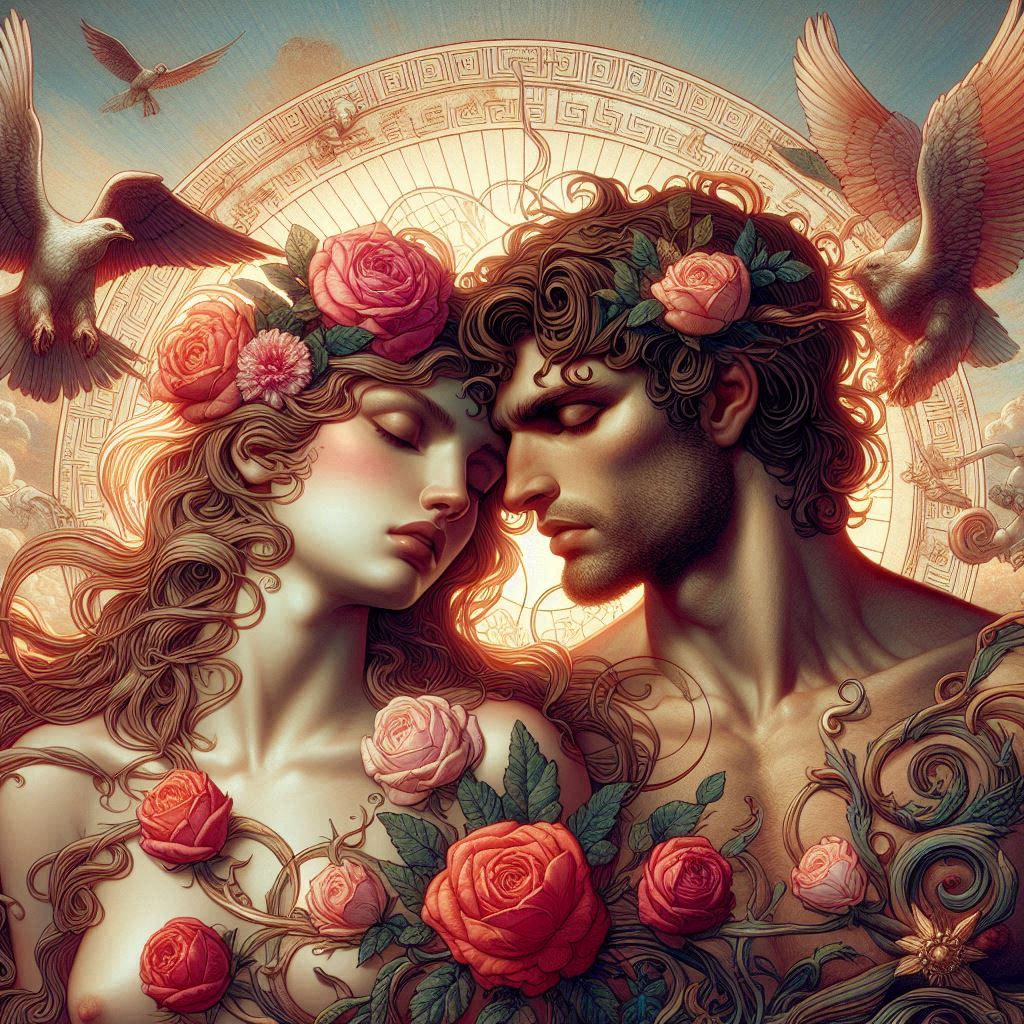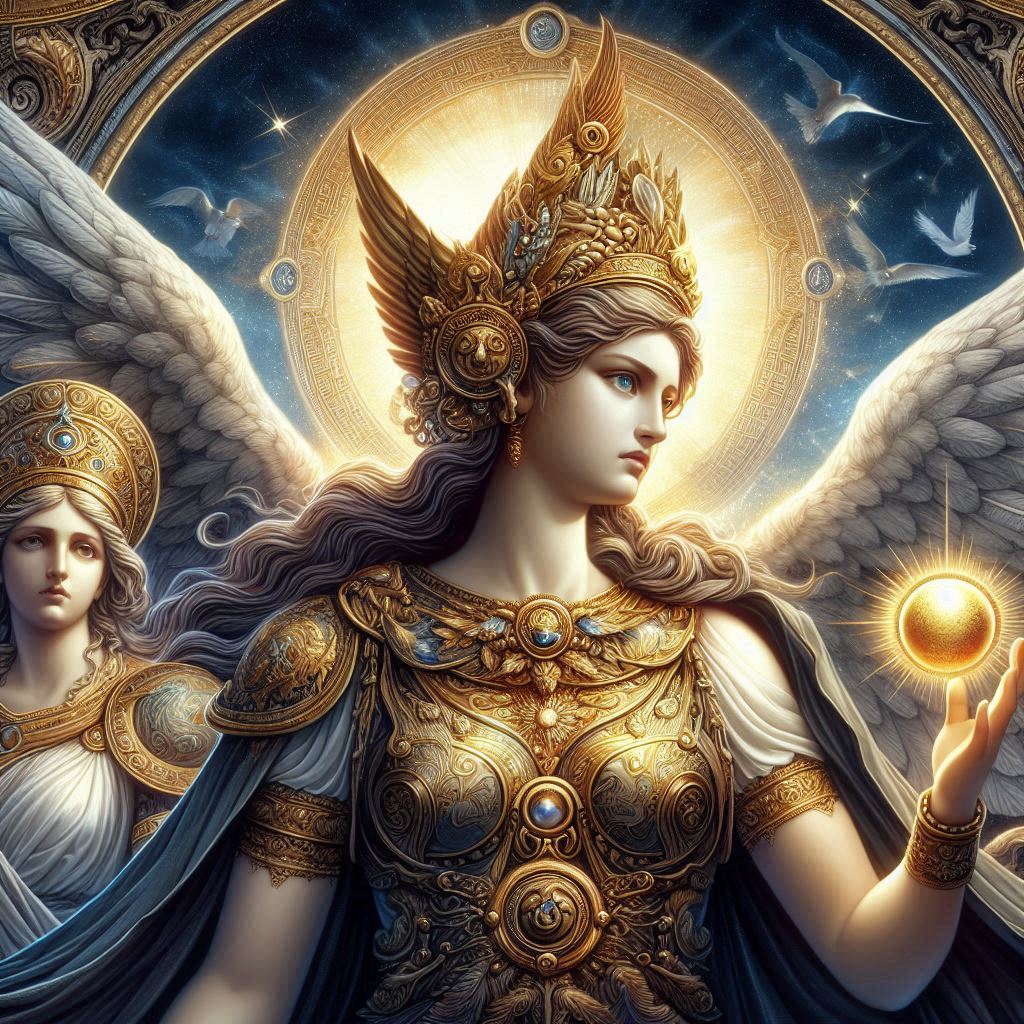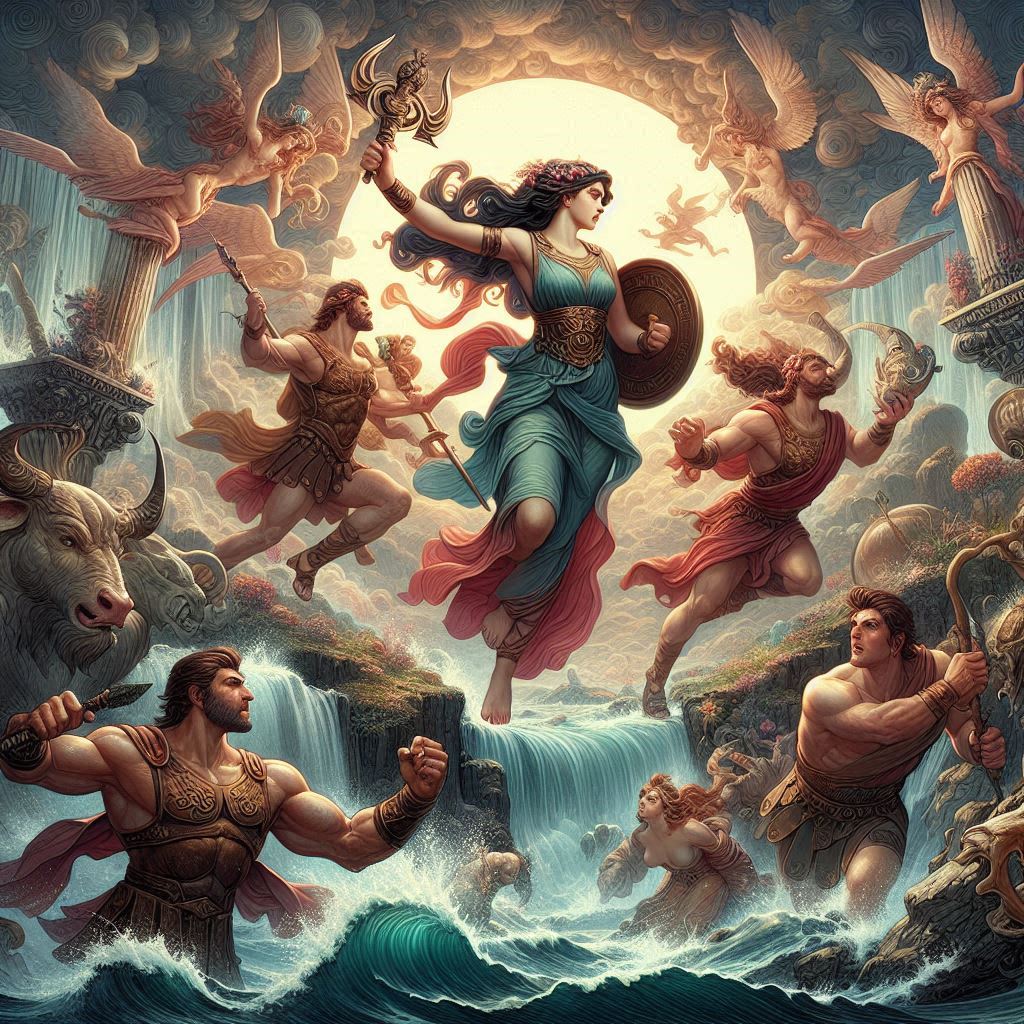Laurence Olivier (1907-1989) was a distinguished English actor and director, widely considered one of the greatest actors of the 20th century. Renowned for his Shakespearean performances on both stage and screen, Olivier’s career spanned theatre, film, and television. He received numerous accolades, including Academy Awards for acting and directing. Notable works include “Hamlet,” “Henry V,” and “Wuthering Heights.” Olivier’s impact extended beyond his performances, contributing significantly to the development of British theatre and cinema.
Growing up in a family with a deep appreciation for the arts, Olivier displayed an early interest in acting. His father, Gerard Kerr Olivier, was a clergyman, and his mother, Agnes Louise Crookenden, had roots in a prosperous family. Sent to All Saints Choir School in London at a young age, Olivier’s passion for the stage blossomed as he immersed himself in theatrical productions.
Olivier’s formal acting education began at the Central School of Speech Training and Dramatic Art in London. His early performances in West End productions earned him recognition, and he joined the Birmingham Repertory Theatre in the 1920s, gaining valuable experience in a variety of roles. His stage career took a significant leap when he joined the Old Vic Company in 1931, working alongside esteemed actors like Ralph Richardson and John Gielgud.
The early 1930s marked Olivier’s emergence as a promising talent in the London theater scene. His performances in Shakespearean plays, such as “Romeo and Juliet” and “Richard III,” showcased his remarkable range and garnered critical acclaim. Olivier’s magnetic stage presence, coupled with his ability to convey the depth of Shakespearean characters, earned him widespread admiration.
Olivier’s first foray into cinema occurred in the 1930 film “The Temporary Widow,” but it was his role as Heathcliff in “Wuthering Heights” (1939) that brought him international recognition. His performance as the brooding and passionate Heathcliff earned him an Academy Award nomination for Best Actor, establishing him as a leading actor in the film industry.
The outbreak of World War II interrupted Olivier’s burgeoning film career, and he served in the Royal Navy. Despite the challenges of the war, Olivier continued to act and direct in various productions, including the film “Henry V” (1944), which he directed and starred in. The film, a patriotic and cinematic adaptation of Shakespeare’s play, received critical acclaim and marked a turning point in Olivier’s career.
Post-war, Olivier’s contributions to British cinema reached new heights. His performance in “Hamlet” (1948), which he also directed, earned him the Academy Award for Best Actor, making him the first actor to win an Oscar for a Shakespearean role. Olivier’s interpretation of the complex Danish prince showcased his mastery of both stage and screen, solidifying his reputation as a preeminent actor and director.
In the following years, Olivier continued to distinguish himself in both classical and contemporary roles. His roles in films like “Richard III” (1955), “The Entertainer” (1960), and “Sleuth” (1972) demonstrated his versatility and commitment to challenging, diverse characters. Olivier’s ability to seamlessly transition between classical and modern roles underscored his status as a consummate actor.
Beyond his achievements in film, Olivier’s impact on the stage remained profound. In 1963, he became the first artistic director of the National Theatre in London, a position he held for a decade. Under his leadership, the National Theatre established itself as a leading institution for classical and modern productions, nurturing new talents and fostering a vibrant theater community.
Olivier’s contributions to the arts were not limited to acting and directing. He also delved into producing, and his company, Woodfall Film Productions, played a pivotal role in the British New Wave cinema movement of the 1960s. Films like “Look Back in Anger” (1959) and “Tom Jones” (1963), produced by Olivier’s company, reflected a new, gritty realism in British cinema.
Despite his numerous accolades, Olivier faced personal challenges, including health issues and struggles with his mental well-being. His dedication to his craft sometimes led to physical and emotional strain, but his unwavering commitment to excellence remained undiminished. Olivier’s personal life also attracted public attention, particularly his relationships and marriages, including his high-profile marriage to actress Vivien Leigh.
As the years passed, Olivier continued to contribute to the arts, receiving numerous honors and awards. His knighthood in 1947 was followed by a life peerage in 1970, granting him the title of Baron Olivier of Brighton. He was also bestowed with the Order of Merit, one of the highest honors in the United Kingdom, in 1981.
Laurence Olivier’s final film appearance was in “War Requiem” (1989), a powerful anti-war film based on Benjamin Britten’s choral work. As Olivier battled health issues, his performance in the film, despite its brevity, demonstrated his enduring commitment to his craft.
On July 11, 1989, Laurence Olivier passed away at the age of 82. His death marked the end of an era, leaving behind a legacy that transcends generations. Olivier’s influence on acting and the broader landscape of performing arts remains immeasurable. His mastery of both stage and screen, coupled with his contributions to the development of the National Theatre, solidified his status as a true titan in the world of theater and film.
